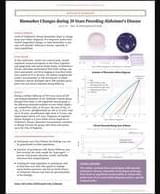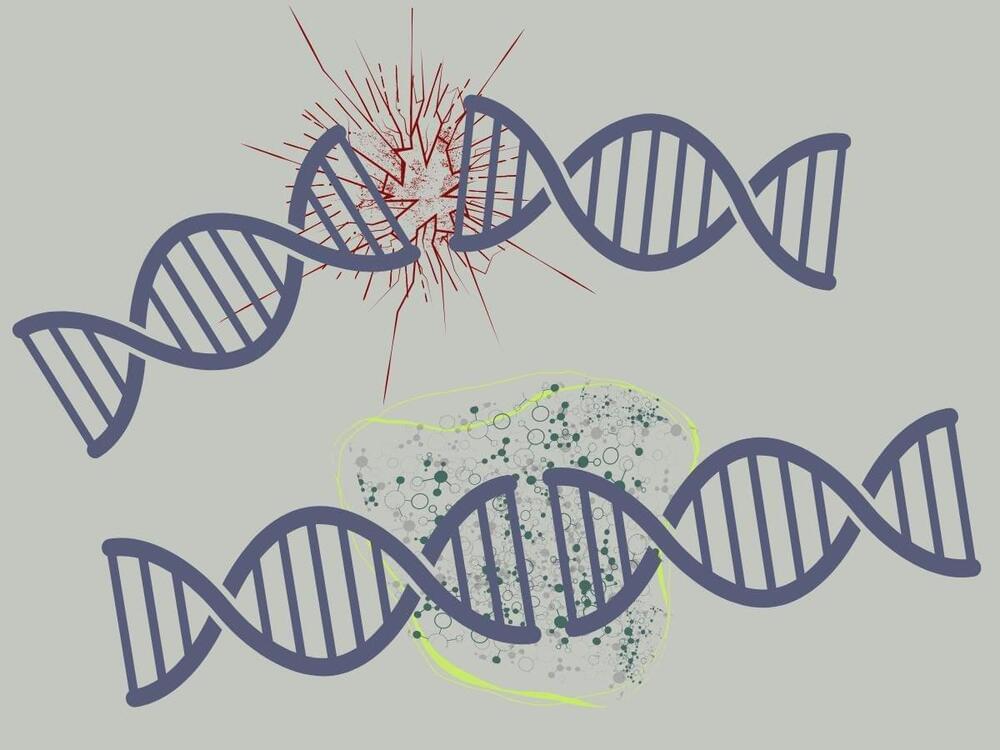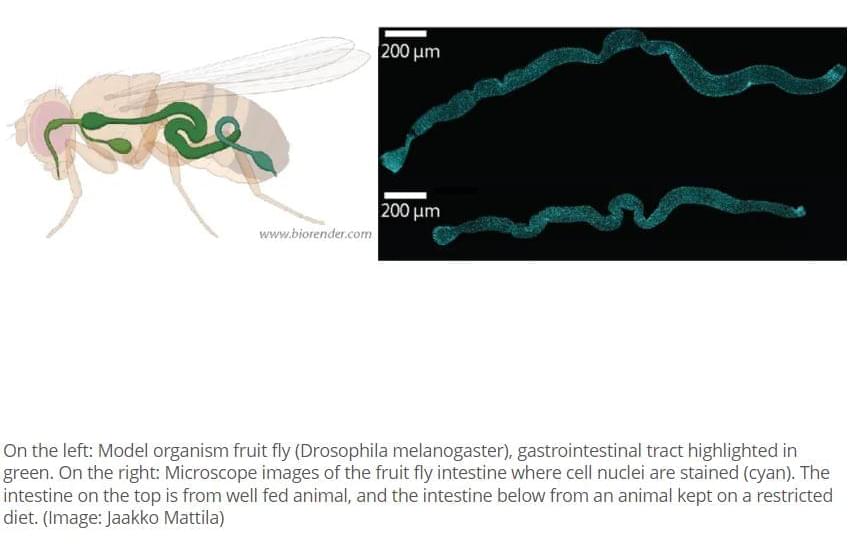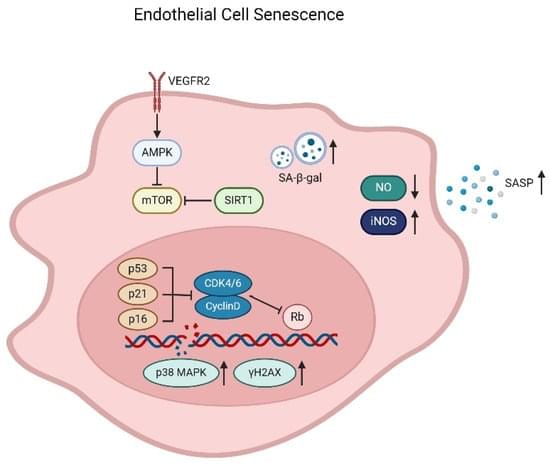The leading networking event for rejuvenation startups, longevity investors, and translational researchers.



We conducted a multicenter, nested case–control study of Alzheimer’s disease biomarkers in cognitively normal participants who were enrolled in the China Cognition and Aging Study from January 2000 through December 2020. A subgroup of these participants underwent testing of cerebrospinal fluid (CSF), cognitive assessments, and brain imaging at 2-year–to–3-year intervals. A total of 648 participants in whom Alzheimer’s disease developed were matched with 648 participants who had normal cognition, and the temporal trajectories of CSF biochemical marker concentrations, cognitive testing, and imaging were analyzed in the two groups.
The median follow-up was 19.9 years (interquartile range, 19.5 to 20.2). CSF and imaging biomarkers in the Alzheimer’s disease group diverged from those in the cognitively normal group at the following estimated number of years before diagnosis: amyloid-beta (Aβ)42, 18 years; the ratio of Aβ42 to Aβ40, 14 years; phosphorylated tau 181, 11 years; total tau, 10 years; neurofilament light chain, 9 years; hippocampal volume, 8 years; and cognitive decline, 6 years. As cognitive impairment progressed, the changes in CSF biomarker levels in the Alzheimer’s disease group initially accelerated and then slowed.
In this study involving Chinese participants during the 20 years preceding clinical diagnosis of sporadic Alzheimer’s disease, we observed the time courses of CSF biomarkers, the times before diagnosis at which they diverged from the biomarkers from a matched group of participants who remained cognitively normal, and the temporal order in which the biomarkers became abnormal. (Funded by the Key Project of the National Natural Science Foundation of China and others; ClinicalTrials.gov number, NCT03653156. opens in new tab.)

We are all ultimately overtaken by age, yet for some people, the correct genes can make the journey into old age rather slow.
Italian researchers made a unique discovery regarding people who survive well into their 90s and beyond a few years ago: they frequently possess a variant of the gene BPIFB4 that guards against cardiovascular disease and maintains the heart in excellent condition for a longer period of time.


We don’t exactly know why we age; we know what aging looks like —the “symptoms”, so to speak— but the root causes remain foggy. One leading hypothesis is that the changes associated with old age, both external and internal, are a result of accumulating DNA damage. As this damage builds, cellular functions begin to break down and important pathways start going haywire.
One of the most extreme forms of DNA damage is the double-strand break, which happens when a strand of DNA snaps in half, leaving two separate slivers floating around. Left unfixed, these strands can snag at and break chromosomes, leading to diseases like cancer and other disorders. But how the body repairs this kind of wreckage has been a source of mystery. Now, scientists at the Dresden University of Technology have managed to shine a light on the process. Published in Cell, their work offers important new insights that may eventually help treat, and possibly reverse, DNA damage.

The capacity of intestinal stem cells to maintain cellular balance in the gut decreases upon ageing. Researchers at the University of Helsinki have discovered a new mechanism of action between the nutrient adaptation of intestinal stem cells and ageing. The finding may make a difference when seeking ways to maintain the functional capacity of the ageing gut.
The cellular balance of the intestine is carefully regulated, and it is influenced, among other things, by nutrition: ample nutrition increases the total number of cells in the gut, whereas fasting decreases their number.
The relative number of different types of cells also changes according to nutrient status.
Join us on Patreon! https://www.patreon.com/MichaelLustgartenPhDDiscount Links: DunedinPACE: https://trudiagnostic.com/?irclickid=U-s3Ii2r7xyIU-LSYLyQdQ62UkA…

Endothelial cells line at the most inner layer of blood vessels. They act to control hemostasis, arterial tone/reactivity, wound healing, tissue oxygen, and nutrient supply. With age, endothelial cells become senescent, characterized by reduced regeneration capacity, inflammation, and abnormal secretory profile. Endothelial senescence represents one of the earliest features of arterial ageing and contributes to many age-related diseases. Compared to those in arteries and veins, endothelial cells of the microcirculation exhibit a greater extent of heterogeneity. Microcirculatory endothelial senescence leads to a declined capillary density, reduced angiogenic potentials, decreased blood flow, impaired barrier properties, and hypoperfusion in a tissue or organ-dependent manner.
A genetic marker linked to premature aging was reversed in children with obesity during a six-month diet and exercise program, according to a recent study led by the Stanford School of Medicine.
Children’s telomeres — protective molecular “caps” on the chromosomes — were longer during the weight management program, then were shorter again in the year after the program ended, the study found. The research was published last month in Pediatric Obesity.
Like the solid segment at the end of a shoelace, telomeres protect the ends of chromosomes from fraying. In all people, telomeres gradually shorten with aging. Various conditions, including obesity, cause premature shortening of the telomeres.

Superintelligent AI might solve all the world’s problems. It could cure cancer, eliminate human aging, create a world of abundance for all.
Superintelligent AI might also prove completely uncontrollable and destroy humanity, whether intentionally or as mere collateral damage in the path of achieving other goals.
The clashing viewpoints about the potential and dangers of peak AI live at the heart of the battle of techno-optimists and doomsayers, accelerationists vs doomers.